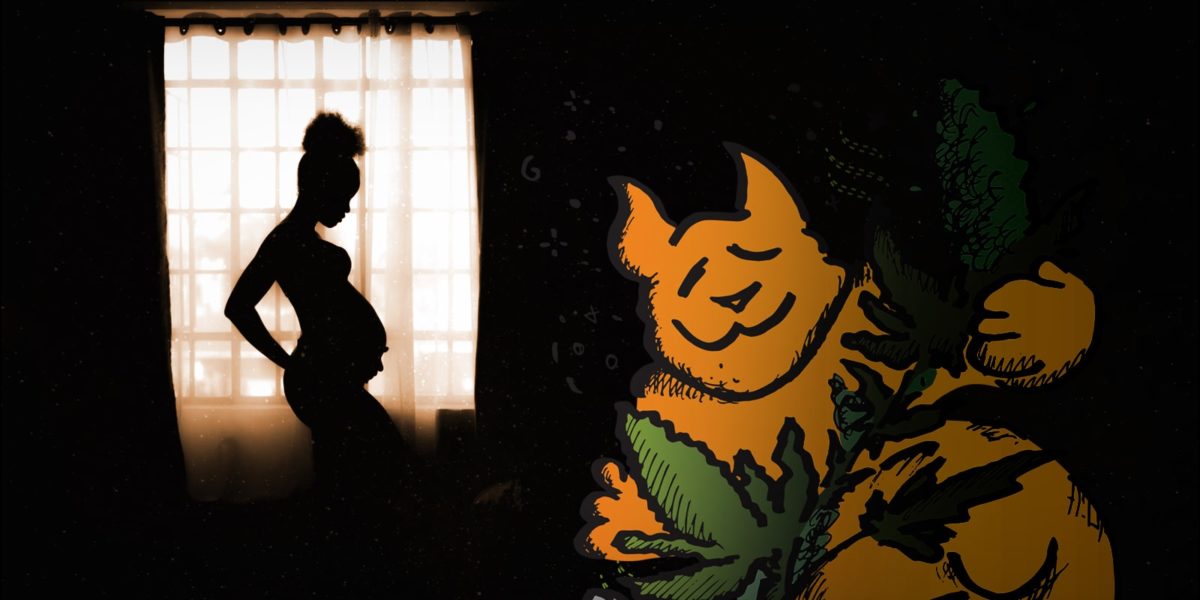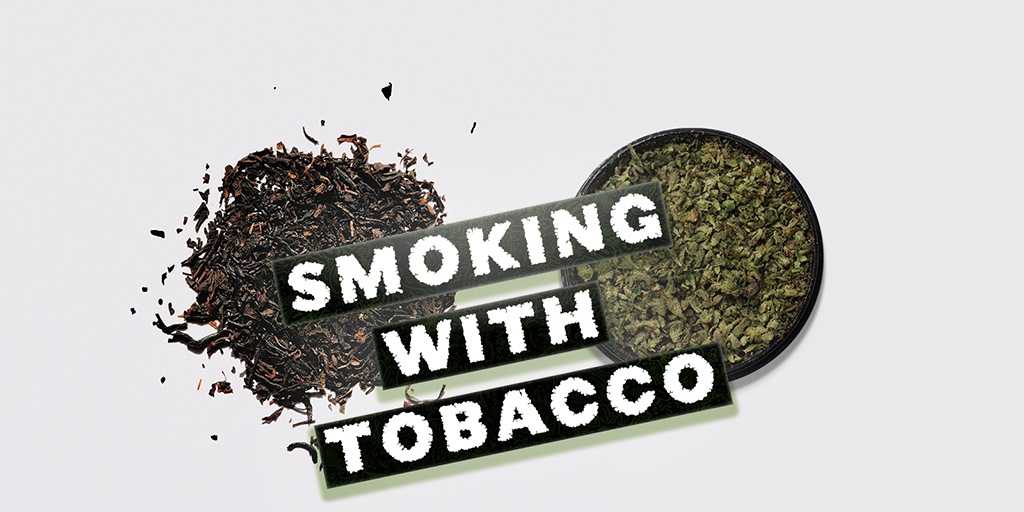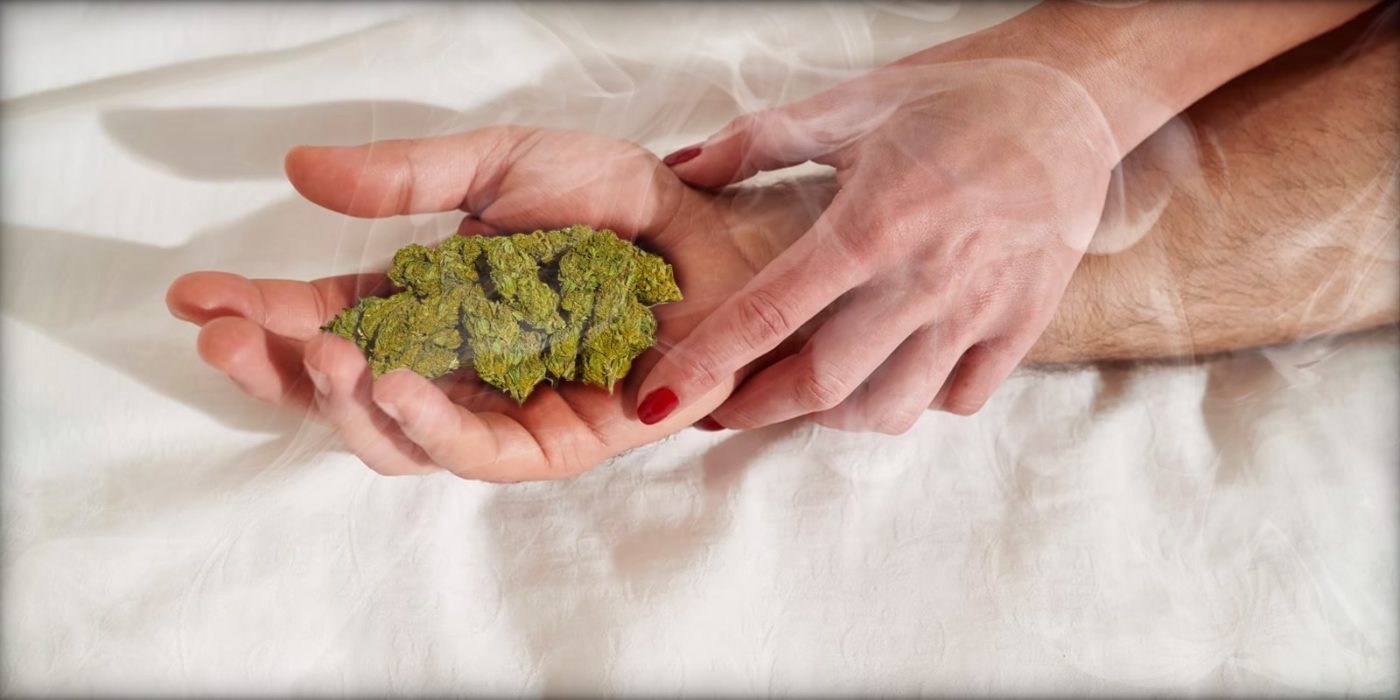WELCOME TO WEEDSTOCKERS
THE SEEDSTOCKERS BLOG

Il CBD in gravidanza: è sicuro?
15 December, 2021
CBD y embarazo: ¿Es seguro?
15 December, 2021CBD or cannabidiol has revolutionized the cannabis sector by bringing awareness of the benefits of cannabinoids to the mainstream public. More and more users are choosing to consume this cannabis compound that does not produce psychoactive effects and has proven to have multiple beneficial properties for health. But… Is it safe to consume CBD during pregnancy?
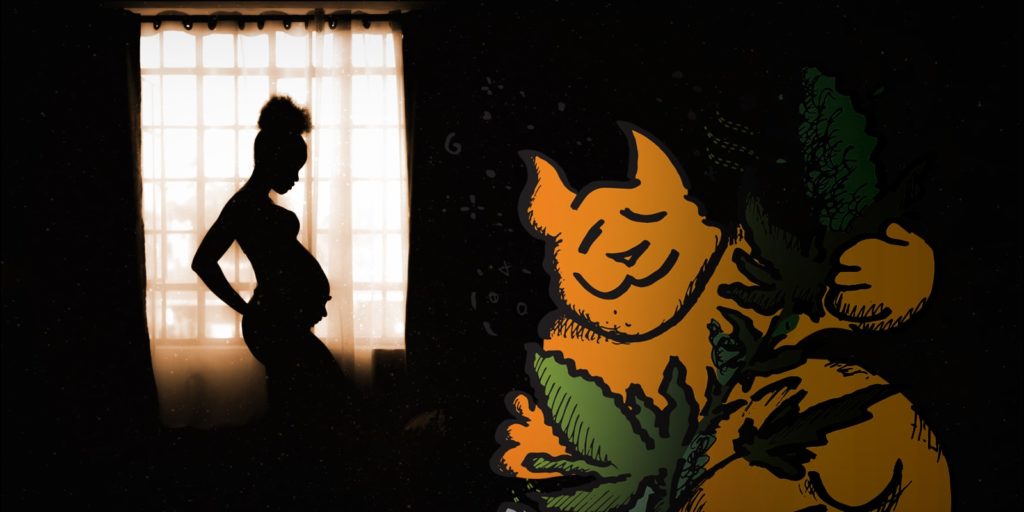
CBD and Pregnancy
CBD has beneficial properties that can be useful to alleviate some of the symptoms of pregnancy. However, the answer to whether CBD is really safe to consume during pregnancy still has many unknowns, which we will discuss later in this article.
For now, let’s look at the reasons why many pregnant women around the world are choosing to consider CBD use. It makes sense, of course, that CBD might be attractive in relieving some of the discomfort suffered during pregnancy due to its effects:
- Pain relief: CBD can be effective as an analgesic, so some women choose to use it to relieve muscle and joint pain that occurs as pregnancy progresses, due to the “extra” weight that the body is subjected to.
- Antiemetic: Some animal studies claim that CBD is useful in stopping or relieving nausea because this cannabinoid interacts with serotonin receptors. It is known that many pregnant women experience nausea and vomiting especially during the first three months of pregnancy.
- Improves sleep and reduces anxiety: while it is true that CBD has been found NOT to have narcotic or sedative properties (therefore it does not directly induce sleep), it has been proven to be an effective anxiolytic. Reducing stress and anxiety levels promotes better sleep quality and therefore, some women who experience hormonal changes during pregnancy that cause nervous imbalances may be tempted to use CBD to alleviate these symptoms.
Is it safe to consume CBD during pregnancy?
CBD does not produce the psychoactive effect that THC does. For this reason, many seed banks have strived to create varieties with high levels of CBD; either strains that contain balanced THC/CBD ratios, or the so-called “Pure CBD”, varieties with less than 1% THC and high CBD content that do not cause any psychoactive effect. The latter have been especially popular among medical users and those who cannot tolerate the effects of tetrahydrocannabinol.
However, the fact that CBD does not produce the effect we associate with marijuana does not necessarily mean that it does not produce side effects, nor that it is safe for use during pregnancy.
While it is true that the so-called “CBD wave” has caused the scientific community to turn to the study of this cannabinoid, more research is still needed to determine how this molecule interacts with our body. It is for this reason that experts are cautious and do not recommend its consumption when pregnant. In addition, there are some animal studies whose results suggest against the use of CBD while pregnant.

What does science have to say about CBD and Pregnancy?
Considering that such studies are very limited, it seems that a research conducted on mice in 1986 determined that CBD exposure during gestation affects the sperm count in male offspring. It should be considered that there are no further studies to support or oppose this theory, and that the research was conducted in animals.
Another study (2019) suggests that exposure of the fetus to cannabinoids could affect the development of its immune system. Apparently, these compounds have the ability to cross the placental barrier and affect the fetus through interaction with CB1 and CB2 receptors. It should be noted that this study discusses cannabinoids in general, not CBD specifically.
Due to the lack of studies on this matter, the FDA (Food and Drug Administration) prefers to opt for caution and strongly discourages the use of this cannabinoid during pregnancy. However, there is a clear need for further research on this subject to be able to make a determination.
Secondary effects of CBD in pregnant women
As we have just mentioned, more studies are needed to know exactly how CBD consumption can affect pregnancy. Although cannabidiol has many beneficial health properties, it is not a harmless substance.
Contrary to popular belief, there are proven side effects of consuming this cannabinoid on a regular basis and in considerable quantities. These effects are very mild compared to those of other drugs, and that is why this cannabinoid is considered to have a high level of safety.
Therefore, at the very least we can establish that pregnant women are exposed to these side effects just like anyone else. These are:
- Fatigue.
- Diarrhea.
- Changes in appetite and weight.
- Negative side effects derived from interaction with other medications or drugs.
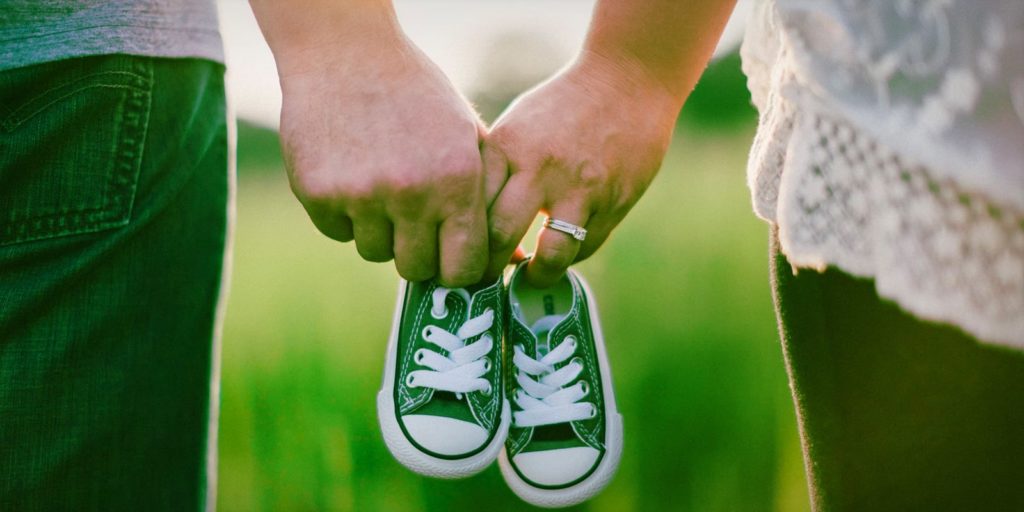
CBD and Lactation
Postpartum is a difficult period for mothers because it is accompanied by multiple physical and mental changes due to changes in hormone levels. Many women have to deal with fatigue, depression and insomnia during this period, so it is not surprising that the idea of using CBD to alleviate this emotional roller coaster arises.
The problem is that the studies conducted so far to determine the risks of cannabinoid consumption during lactation have focused mainly on THC. These studies have determined that it is indeed possible to transfer small amounts (2.5% of the mother’s levels) of this cannabinoid to the baby through breast milk.
Unfortunately, as mentioned above, there is no data yet to determine if it is dangerous for the baby if the mother consumes CBD while breastfeeding. Therefore, more research needs to be done on this topic, as it is a cannabinoid that could be very useful in helping to overcome postpartum depression and other consequences of giving birth. As a precaution, and because it is currently not possible to measure possible short or long term effects, the FDA strongly discourages its use during breastfeeding.
CBD and pregnancy: other risk factors to consider
Since there is not enough information to say that CBD is safe during pregnancy, experts recommend avoiding it. However, its use remains a personal decision, so for those who decide to use it, extreme caution is recommended.
One of the factors to pay attention to is the labelling that informs about the origin of the product; not all CBD-based products on the market are free of contaminants. In fact, to ensure their safety, such products (whether flowers, oils, or edibles) should undergo laboratory controls to ensure that they are free of pesticides, pathogens, and heavy metals.
Another measure to take into account if you are going to consume CBD during pregnancy is the method of consumption; smoking is the least healthy way, and so it would be preferable in this case to consume it orally.
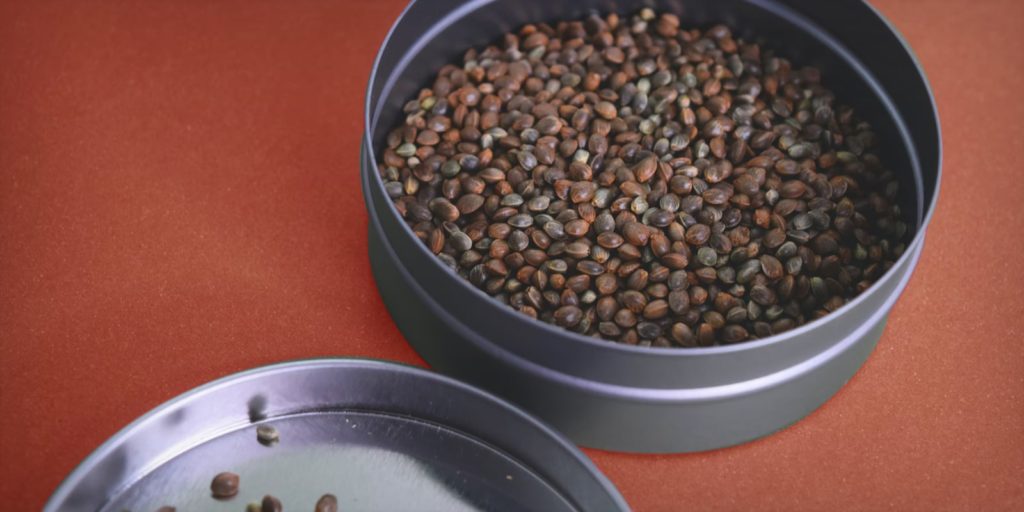
Are hemp seeds safe to consume during pregnancy?
Since cannabinoids are found primarily in the flowers, and to a lesser extent in the leaves of the cannabis plant, the seeds are considered safe for consumption. In addition, hemp seeds are the plant food with the highest amount of fatty acids (Omega 3 and Omega 9); and they contain arginine and glutamic acid, which stimulate the immune system, nutritional values that can certainly be beneficial for women during this period of their lives.




